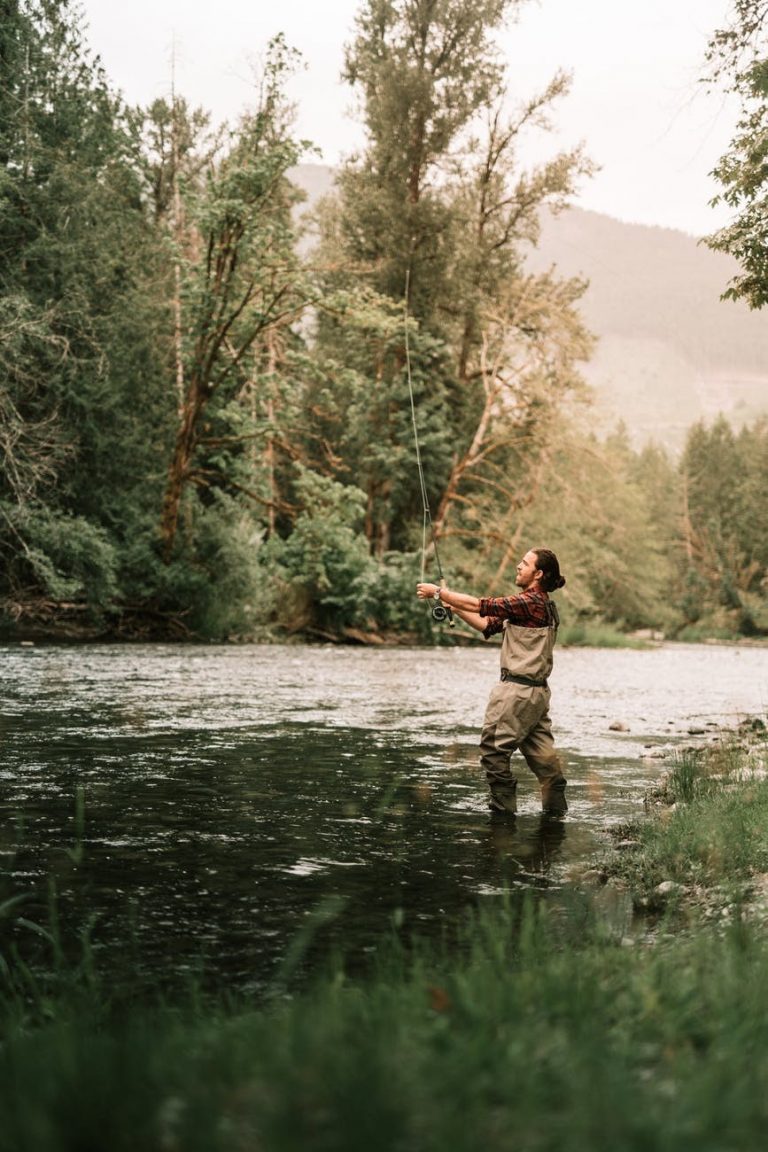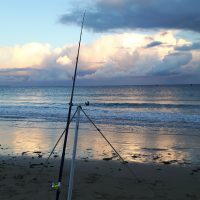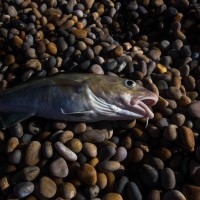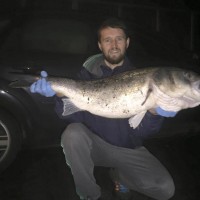If you’re new to fishing, you need to be prepared to fish and act responsibly. Responsible fishing keeps fish healthy and ensures you’re not causing unnecessary damage to the wildlife, water, and environment in general. Here are 10 things every new angler should know about responsibility.

- Make Sure You’re Allowed To Fish
First of all, you can’t just fish wherever you want. Make sure you’re allowed to fish. Get a license if you need one, and always check that you have permission to be where you are. You can get into serious trouble if you start fishing somewhere you’re not supposed to be. This is not such a problem on beaches, but there are often out of bounds areas on piers and within harbours.
- Camp Out Responsibly
Whether you are beach fishing or on the shores of a lake, many anglers like to camp out on fishing trips. This allows them to get started super early, make some great catches, and enjoy time with friends, too. Aside from making sure you have the right bivvy and other camping equipment, make sure you’re a responsible camper. Leave everything as you left it, and litter under absolutely no circumstances.

- Use a shock leader
This is probably one of the most important safety aspects that many novice anglers are unaware of. When you are casting weights of any more than a couple of ounces, the force exerted on your mainline is often far greater than the breaking strain of your line. This can often result in a crack off, where the line snaps and lead and rig can shoot off along the beach. This can seriously injure other beach users. As a rile of thumb you should use 10lb breaking strain shock leader for every ounce of lead.e.g. 5oz lead = 50lb breaking strain shock leader. There are plenty of videos on YouTube showing how to tie a shock leader.
- Don’t crowd other anglers
This is a big problem in the summer when the Mackerel shoals arrive! Always be aware how close you are to other anglers, especially on beaches where advanced fishermen may be power casting and require a safe arc to cast in. Leave at least 30m between anglers for safety and consideration. Nothing annoys an angler more than someone continuously casting over their line and snagging them. I have had anglers literally standing right next to me whilst I have been catching fish because they think that the fish are only directly in front of me. In most cases they are not, they continually move up and down the beach and at varying distances, often outside a novice anglers casting range, which is why they think the fish are only in front of you.
- Hold Fish With Wet Hands
When you catch that fish and want to return it always hold it with wet hands. You will rub protective slime off with a towel or cloth, which then leaves the fish vulnerable to diseases. So many anglers hold fish with a towel, not understanding that this is bad for them. To care for the fish, always have wet hands.
- Reel It In Gently
Reeling in a fish too quickly and dragging it through the water can be a huge shock to its system. While fish don’t necessarily feel pain how we do, reeling them in too quickly could cause damage to them and leave them prone to infection.
- Release Your Fish Properly
Be very gentle when releasing a fish. Make sure it can swim off and that it’s not too dazed before you completely let it go by holding it in the water for a few seconds. The larger the fish the longer it normally takes for it to recover. Gently moving it back and forth allows oxygenated water to flow over the gills.
- Use the Right Equipment
Using the right equipment will ensure that you cause as little damage as possible to the fish. Disgorgers and T-Bars help to unhook fish quickly. Many freshwater anglers use unhooking mats that are normally a requirement when fishing for species such as Carp and Pike.
- Be Mindful Of Your Bait
Another really important tip for fresh water anglers, especially those fishing lakes and still waters, is to make sure that you don’t over bait. Too much ground bait in the water will go rotten and take vital oxygen from the water. Plus, it can be harmful to algal blooms. This could lead to fish deaths in the summer. Whatever you use, only use as much as you need.
- Keep Your Tackle Clean and Dry
Using the same tackle in between different areas runs the risk of spreading diseases and alien species. Make sure you keep your tackle clean and dry in between trips. Hang your net out to dry, and if a place provides disinfectant equipment, use it. Always follow the specific procedures outlined at each place you go to. If you don’t, your favorite spot could end up closing forever.
If you want to be a responsible angler, make sure you get to grips with the above advice!







